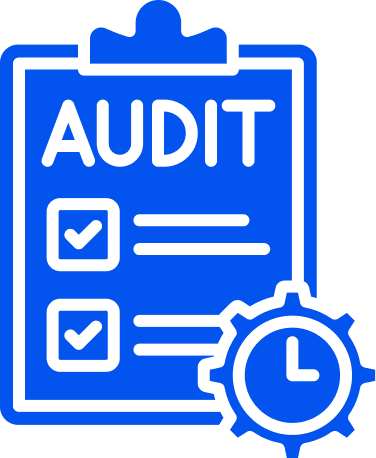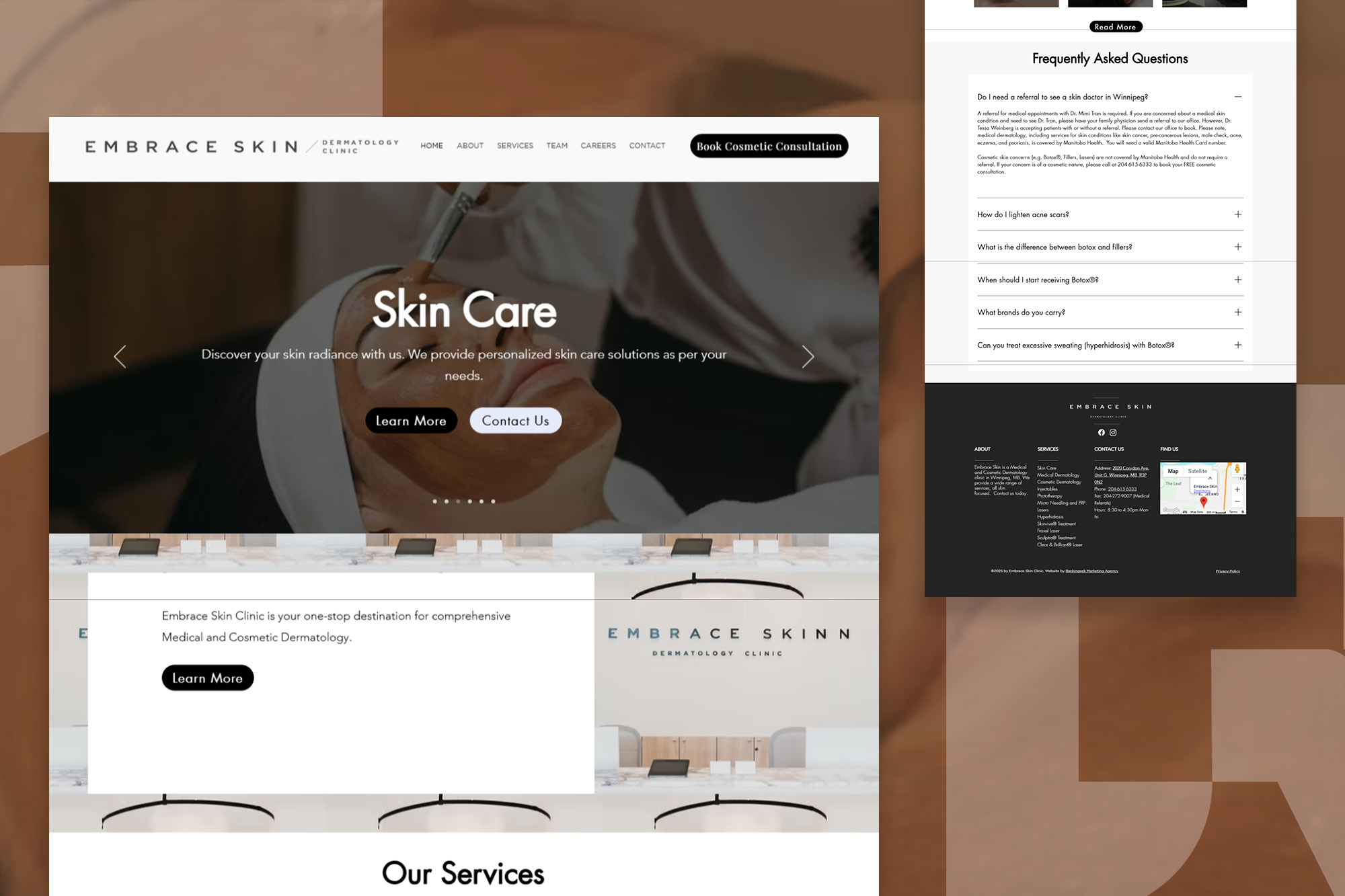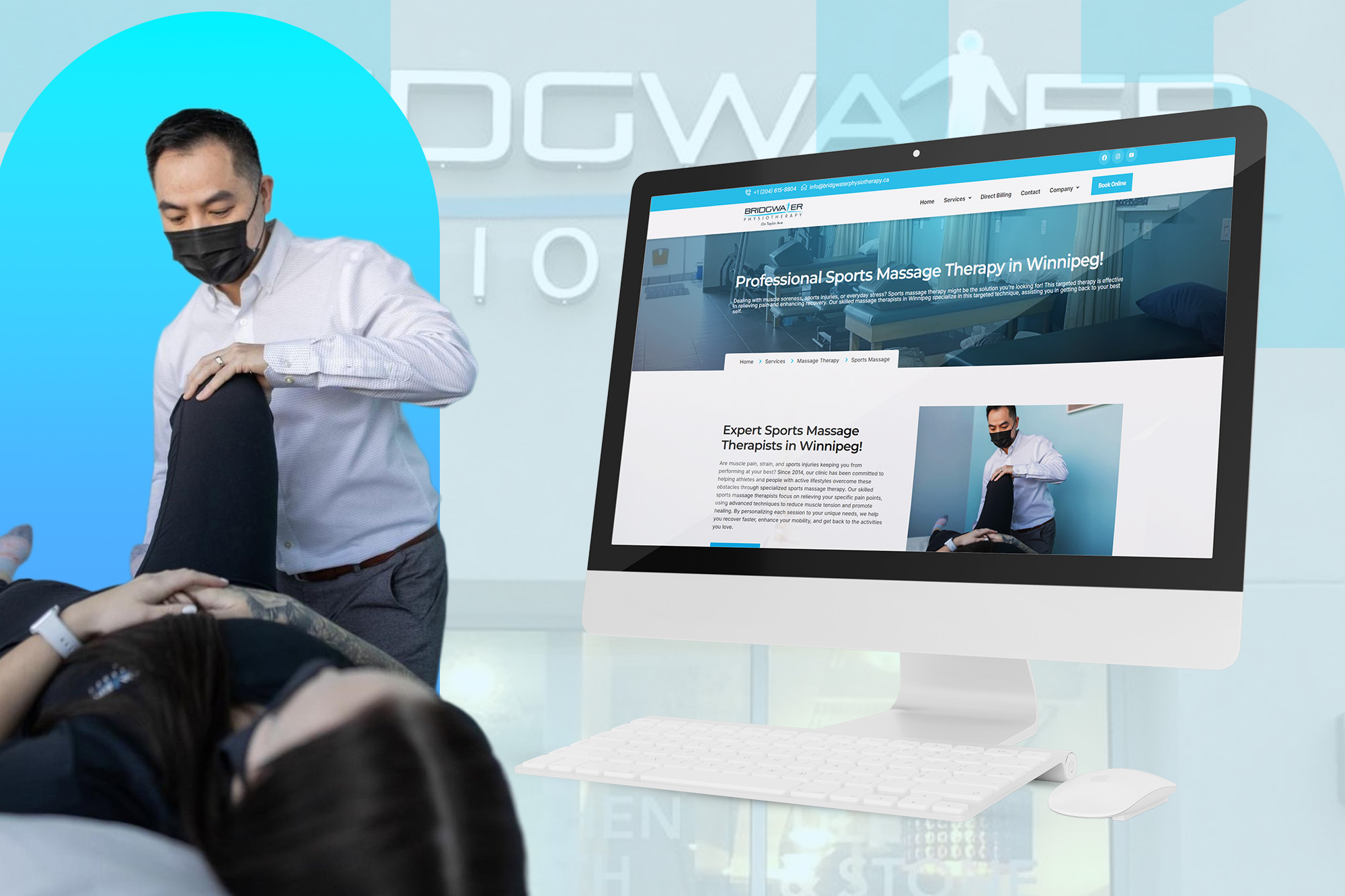.png)
WHY WE ARE DIFFERENT
Stop Hiring "Generalists" To Solve Specialist Problems
You wouldn’t hire a General Practitioner to perform a Rhinoplasty. So why trust your clinic's marketing to an agency that sells pizza, real estate, and crypto in the same day?
At Rankingeek, we are SPECIALISTS! We understand the difference between a "lead" and a "qualified consultation." We know the compliance laws. We know the high-ticket patient journey. We don't guess. We install proven systems!
We Build Revenue Engines, Not Just Campaigns
In the crowded aesthetic and healthcare practice market, "hope marketing" is a liability. You need certainty. At Rankingeek, we replace the guesswork of generalist agencies with a proven Patient Acquisition Infrastructure. We align your marketing spend directly with patient bookings, giving you total control over your practice’s growth.

Our Mission
To eliminate the "feast or famine" cycle for practice owners by installing automated systems that fill schedules on demand.

Our Vision
To empower practice owners with the financial freedom to focus on patient care, not chasing leads.
Process
Our Process
At the intersection of vision and execution, we bringcreative ideas team transforms concepts intocompelling narratives,
Steps
1
2
3
4
/
4

The Strategic Diagnosis (CMO Audit)
We don’t guess. We start by acting as your Fractional CMO. We audit your entire business - from your current P&L and profit margins per treatment to your local competitor landscape. We identify exactly where you are losing money (leaky funnel, poor SEO, weak intake process) and build a 12-month Growth Roadmap aligned with your clinical revenue goals
.png)
The Infrastructure Build (The "Digital Clinic")
Before spending a dollar on traffic, we fix the foundation. We take over and upgrade your digital assets:
- Web: Revamping your site for high conversions.
- CRM: Installing our "Booking Bot" automation and intake workflows.
- SEO: Optimizing your Google Business Profile and site architecture.
- Content: Setting up your social media brand guidelines.
- Result: A fully integrated system ready to receive patients.

Multi-Channel Activation
We don't launch in silos. We flip the switch on the entire ecosystem simultaneously.
- Immediate: Paid Ads (Google/Meta) & Database Reactivation to generate cash flow now.
- Long-Term: SEO content & Reputation Management strategies start building your organic authority.
- The "Halo Effect": Your ads drive traffic, your reviews build trust, and your automation captures the booking.
.png)
Executive Growth Management
We are not a "set it and forget it" agency. We act as your internal marketing department.
- Weekly: Our media buyers and SEOs optimize campaigns for lower acquisition costs.
- Monthly: We hold a Strategy Review Call with you to review ROI, discuss new treatments you want to promote, and adjust the strategy.
- Quarterly: We plan major seasonal promotions and expansion targets.

Working with Rankingeek for two years has delivered excellent web development, ads, and SEO, with clear communication, professionalism, reliability, and consistently strong digital marketing results.
.avif)
Ash Boland
Pro Marketing Wollongong

Rankingeek delivered excellent Google Ads and SEO, providing cost effective lead generation, great service, and strong results. Highly recommended team for small businesses worldwide growth.
.avif)
Stephen Hamilton
Mortgage Line

Outstanding experience with Khush and Rankingeek: responsive, reliable team that prioritizes client success, delivers excellent support, and consistently exceeds expectations. Highly recommended for growing businesses.
.avif)
Chris Cochran
My Chairlift

Rankingeek helped us rank for multiple competitive keywords previously out of reach, delivering noticeable SEO improvements, stronger visibility, and measurable growth in a short timeframe.
.avif)
Kiran Satope
Customer

Great experience with Rankingeek: highly responsive, helpful throughout, and delivered a great-looking new website. Very satisfied with the service and results.
.avif)
Rainier Jarman
En Route Transport



.png)





.png)

.png)
.png)
































